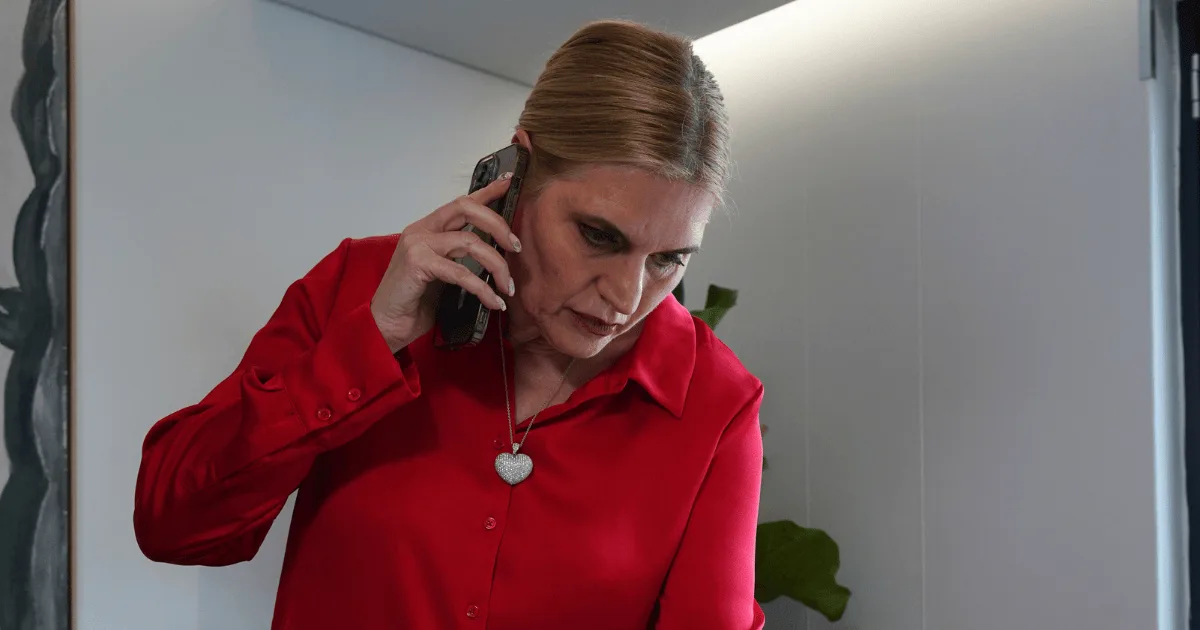Cohabitation, living together or a domestic partnership, is not recognised as a legal relationship by South African law. There is, consequently, no law that oversees the rights of parties in a cohabitation relationship. Cohabitation usually refers to people who, regardless of gender, live together without being validly married to each other.
Simply because their relationship is not recognised by the law as a marriage, the rights and duties that marriage confers do not apply. This is the case regardless of the duration of the relationship.
Therefore, in contrast to prevalent belief, the premise that if you stay with your partner for a particular amount of time a common law marriage comes into life whereby you will get certain benefits is wrong.
Some legislation genuinely does however provide some level of protection to partners, but these are exemptions to the rule. For instance, under the South African Compensation for Occupational Injuries and Diseases Act 130 of 1993, as amended in 1997, a surviving domestic partner could claim for compensation if their partner passed away as a result of injuries received during the course of work, if, at the time of the employee’s death, the parties were living together as ‘husband and wife’. Furthermore, cohabitants can also include each other in their medical aids provided that the rules of the medical aid permit this and as beneficiaries under insurance policies or as dependents under pension funds.
For direct answers to your specific personal questions, please contact us directly.
Read more about our family law services.
Author – Jessica Gooding





